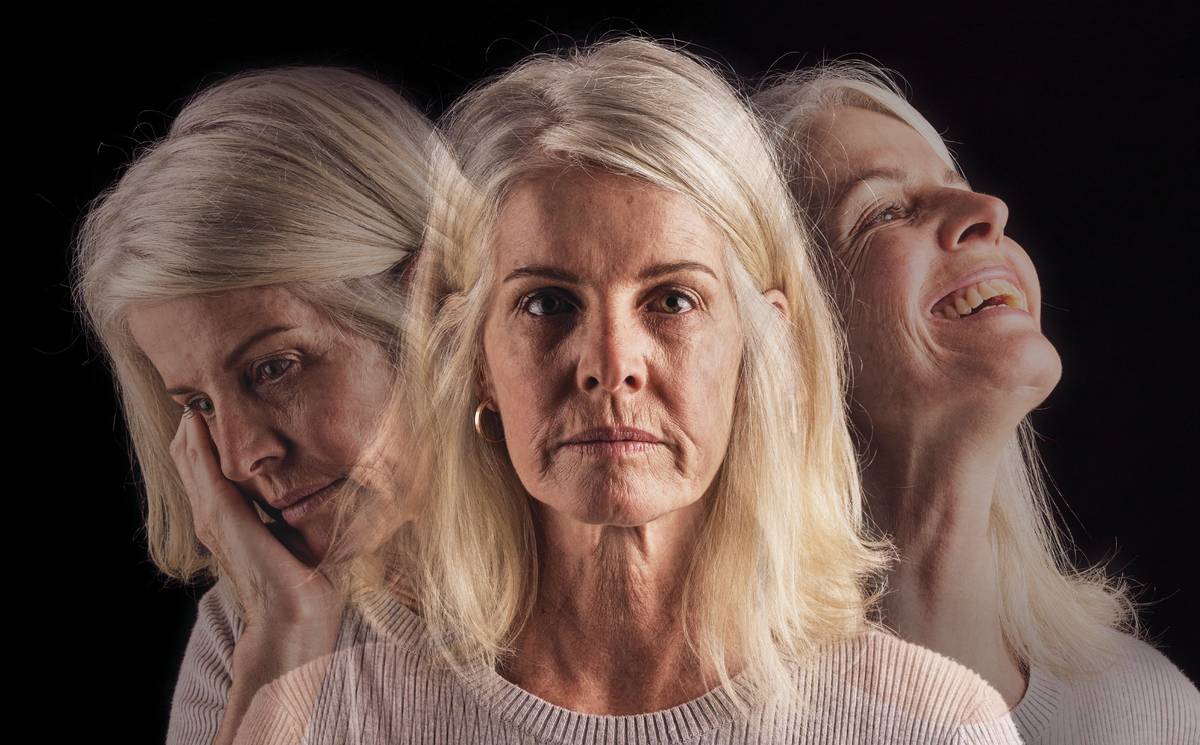The Not-So-Golden Years: Helping Seniors Who Struggle in Delaware
Share
Adobe Stock
As we age, mental health challenges like anxiety and depression can continue to take a toll on our physical and emotional wellbeing.
It would be nice if we could graduate from life school at age 50 or so, armed with the wisdom of earned experience and enjoy the last chapter of life free of anxiety, depression and other mental health problems. But mental health issues continue to weigh people down as birthday candles start to crowd the cake. Here, James Ellison, a geriatric psychiatrist and dementia expert with ChristianaCare, explains how seniors grapple with these challenges. This interview has been edited for length and clarity.
What mental health challenges are common with seniors?
About 1 in 5 older adults meets criteria for diagnosis of a mental health disorder, and the most common of these are anxiety and depression. In addition, substance use disorders are not uncommon in the elderly—often in the form of pain relief medications. Some 4% or 5% of older adults live with chronic pain. The data on substance use disorders in the elderly shows that the prevalence of this problem is increasing.
[Additionally], a quarter of suicide deaths are among people 60 and older. And the highest suicide rate among any demographic is among males 75 and older. (In the older population, about 1 in 4 suicide attempts is lethal, a consequence of using more lethal means for self-harm, including firearms).
Dementia affects 5% or more of people over 60, of which 90% manifest behavioral symptoms such as depression, anxiety, delusions, sleep disturbances [and more]. The most common behavioral symptom is apathy…lack of volition, lack of motivation and withdrawal from activity. A person with severe apathy doesn’t care for themselves and misses out on much of the richness of life.

Seniors can struggle with anxiety and depression as they age. Adobe Stock
What actions can family members take if they notice these symptoms?
There’s a tremendous barrier for younger people to speak to their parents about mental illness. We protect our parents, we honor and revere our parents, and it’s a challenge to bring up what one might be observing in the way of sadness, withdrawal, anxiety, confusion, memory problems. …If you see something, say something. It never hurts to ask, and people are often relieved to be asked about their behavioral concerns. It may allow them an opportunity to express feelings that they’re uncomfortable with and haven’t been able to bring up on their own.
Are these symptoms inevitable as we age?
Depression or anxiety or cognitive decline are not inevitable parts of aging. The later years should be a time for greater enjoyment…hobbies, travel, socialization. Depending on what an older adult is capable of, many of them continue to pursue education and hobbies.
But there are special life stresses that are associated with the later years, such as greater prevalence of chronic illnesses, loss or bereavement, changes in role, reduced authority or responsibility, financial constraints for those who live on a fixed income. All of these make aging challenging. However, research [shows] that older adults on the whole tend to be happier than younger adults.
Related: A Look Into the Mental Health Crisis in Delaware



